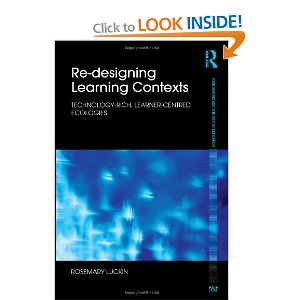I recently wrote a post for the IOE blog about the surge in enthusiasm for the challenges and opportunities of computing in schools. I drew attention to recent press coverage as well as to the interjections of Michael Gove, The Royal Society and Nesta, which I have discussed previously in this blog. For example, John Naughton in the Observer outlined a manifesto for teaching computer science in the 21st century, and Janet Murray in the Guardian celebrated the enthusiasm of a new generation of coders in schools. In the debate so far, much attention has been given to discussion of the training and skills requirements for teachers, and this is certainly vital. However, there is a broader group of influencers and supporters who need to be equipped to progress the initiative effectively.
John Naughton highlighted School Governors as a resource that needed to be harnessed and I would add to that another important category of resources, and that is Parents. In my experience that vast majority of parents are keen to help their children progress at school, but they can be anxious about their knowledge of the way that certain subjects, such as Maths, are taught at school. What chance will most of them have to help their children learn computer science? There is much research evidence to support the important contribution that parents can make to their child’s achievements at school, so who is tapping into this vital educational ingredient to make sure that they are able to gain the skills they want and need in order to be able to help their children achieve of their best?


